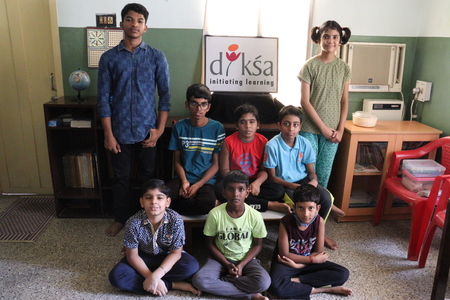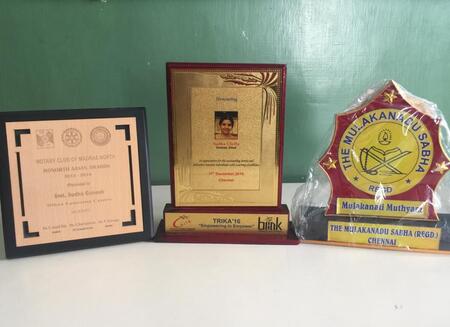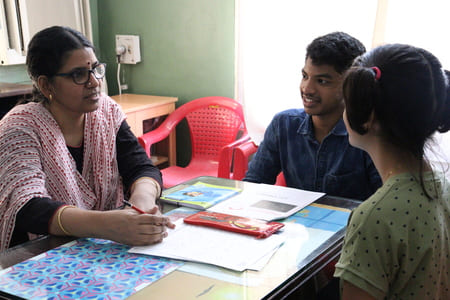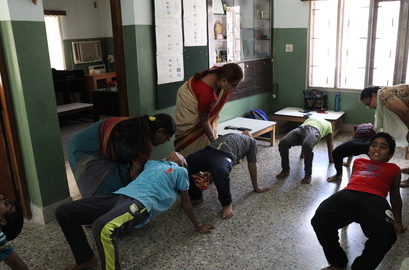In my childhood days, when someone asked me “What were you doing all this while? Hatching eggs?” it meant that I was being pulled up for idling or wasting my time.In my childhood days, when someone asked me “What were you doing all this while? Hatching eggs?” it meant that I was being pulled up for idling or wasting my time.
In other words, the process of just sitting on an egg was seen as not spending one’s time fruitfully (figuratively speaking, that is!)Why am I saying all this? When parents of special children approach me for an assessment, I start by gathering background information and generally ask the parents their educational qualifications and their current occupation.
It has been my experience quite often that when I ask the mother, “What do you do?” there is an apologetic smile and more often they would say, “I am just a house wife”, “I am not doing anything maam. I am a home maker”, “I am not working, I am at home”, “I was working as an engineer but had to give up my job because of him”. While they sound apologetic, the fact that they were available at home to support the child gave me a lot of hope though they may not have realized it.
This is where I am so reminded of the phrase “Are you hatching eggs?” being used sarcastically.I am sure you all recognize that the process of incubating the egg is crucial to the development of the young one, while to the onlooker it may appear that the parent bird is really doing nothing but sitting on the egg.
To me either parents (most often the mother) being available to work along with me in helping the child overcome the difficulty is as invaluable as the incubation process or “hatching eggs”.Let me explain this through a real life example.
Rekha (name and other details masked to protect confidentiality) a mother of a nine year old child studying in class four came to me for an assessment. The diagnosis was dyslexia (moderate to severe). My recommendation was to take the child out of school and join our pull out program for at least two years so that we could bridge the four year gap in her academic skills.
Rekha was a successful banker in a leading bank and was earning very well. Her husband was also working in financial services and could hardly find time for the child. The family decided that Rekha would give up her job and support the child. To do a good job of this, Rekha enrolled herself in the tutor training program run by us for remedial teachers.
Soon, Rekha joined us and started teaching other students. Thanks to this, her empathy for her daughter grew manifold. The mother – daughter relationship really blossomed. Even the environment at home which was filled with anxiety and tension eased out and gradually became more relaxed and peaceful.
Over this ten year period, Rekha was most patiently “hatching eggs”.
Thanks to this invaluable incubation process, she has been able to nurture her daughter into a confident, charming and self-sufficient young adult. Rekha’s timely and selfless decision in giving her undivided time for the child was priceless. It was in fact an extremely important factor in our ability to help the child.
It is not my view that all mothers or fathers need to give up their careers in order to help their special child succeed. However, once they make the choice to down step their career priorities, they need the conviction to overcome fleeting moments of regret or face criticism from their families.
Like Rekha, one needs to wait patiently for the efforts to bear fruit and believe that they are not mere home makers!
Before closing, I must add that I have seen not just mothers like Rekha but even fathers who have made career choices to support their child. All of them deserve appreciation.
-Mrs. Sudha Ganesh Chella




